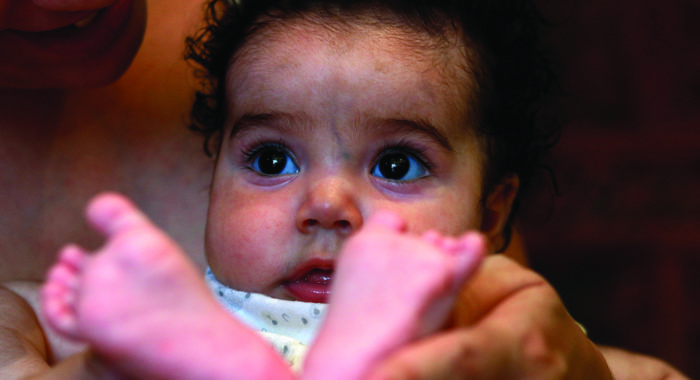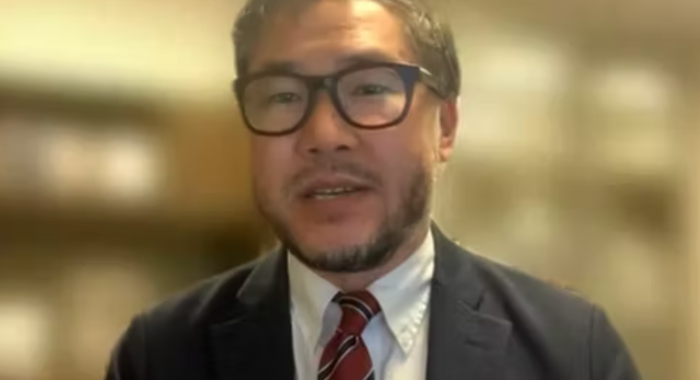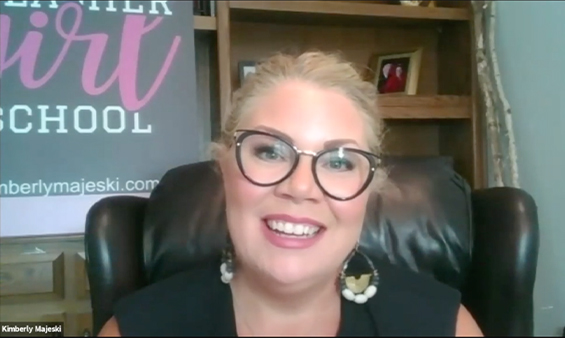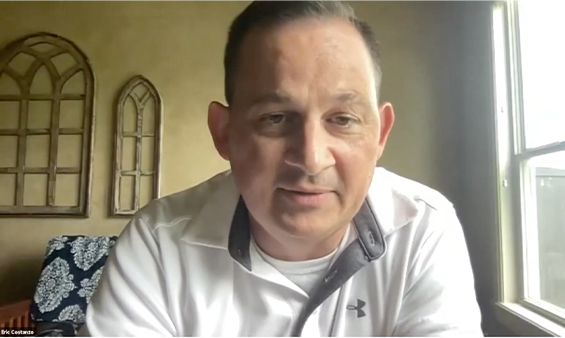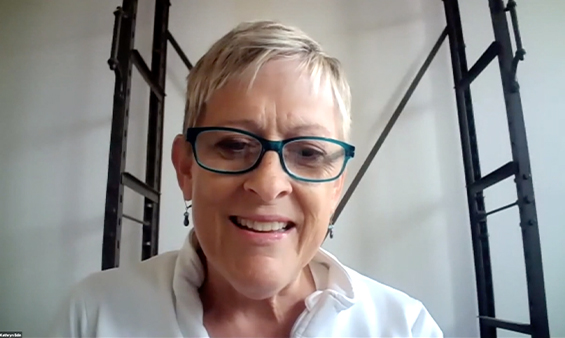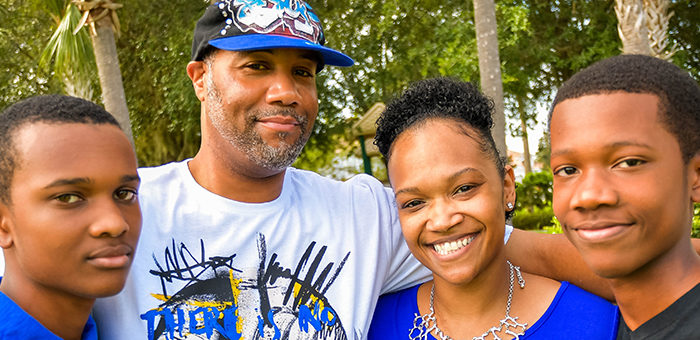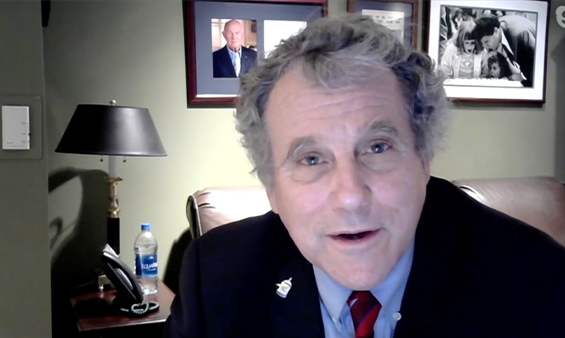Evangelical, Roman Catholic, mainline Protestants, African-American, and Latino Christian leaders have joined together to defend the lives and dignity of poor and vulnerable people in the current budget debate. The release of this joint statement marks the strongest and most unified Christian voice in the budget debate.
Signed by more than 50 Christian leaders, it states:
“As Christian leaders, we are committed to fiscal responsibility and shared sacrifice. We are also committed to resist budget cuts that undermine the lives, dignity, and rights of poor and vulnerable people. Therefore, we join with others to form a Circle of Protection around programs that meet the essential needs of hungry and poor people at home and abroad.”
In a press call today, heads of diverse Christian organizations said that politicians in both parties have failed to bring moral leadership to the budget debate. In the words of the Christian leaders:
“These choices are economic, political — and moral. As Christians, we believe the moral measure of the debate is how the most poor and vulnerable people fare. We look at every budget proposal from the bottom up — how it treats those Jesus called “the least of these” (Matthew 25:45). They do not have powerful lobbies, but they have the most compelling claim on our consciences and common resources. The Christian community has an obligation to help them be heard, to join with others to insist that programs that serve the most vulnerable in our nation and around the world are protected.”
Congress will reconvene Monday, May 2, after a two-week recess. The FY 2012 budget and raising the ceiling on the national debt will top its agenda. According to the Christian leaders’ statement:
“Budgets are moral documents, and how we reduce future deficits are historic and defining moral choices. As Christian leaders, we urge Congress and the administration to give moral priority to programs that protect the life and dignity of poor and vulnerable people in these difficult times, our broken economy, and our wounded world.”
The leaders outlined eight principles for ethical decision-making that must be considered in a moral budget. These include protecting and improving “poverty-focused development and humanitarian assistance to promote a better, safer world” and ensuring that budget discussions “review and consider tax revenues, military spending, and entitlements in the search for ways to share sacrifice and cut deficits.” They also call for a focus on creating jobs since “decent jobs at decent wages are the best path out of poverty, and restoring growth is a powerful way to reduce deficits.”
The leaders said that it is the “vocation and obligation of the church to speak and act on behalf of those Jesus called ‘the least of these.’” This basic principle has provided a unifying point for Christians that gets past the partisan politics dominating Capitol Hill. Plans are being made to hold political leaders accountable for protecting programs that serve poor and vulnerable people and for using moral principles to make budget decisions.
For a full list of signatories and the complete statement, please visit www.circleofprotection.us.



 View All Updates
View All Updates 





